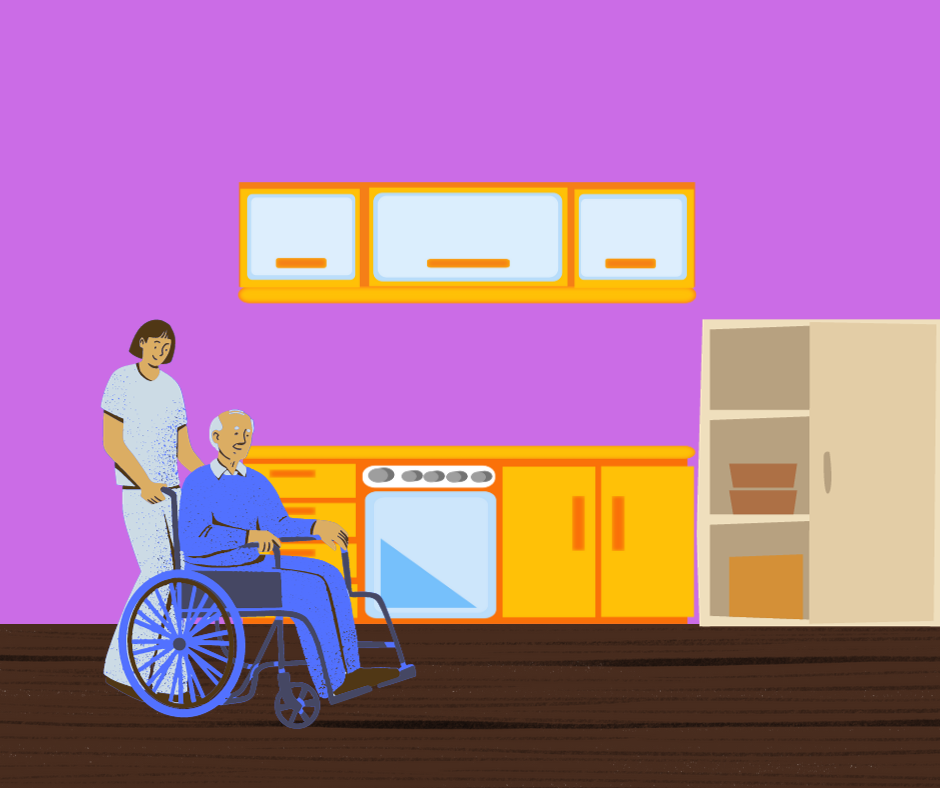
Introduction
In-home care services have become an essential component of healthcare for individuals who require assistance with daily activities or medical needs. This type of care allows people to maintain their independence and receive personalized attention within the comfort of their own homes. Understanding the different types of in-home care services available is crucial for making informed decisions about the well-being of yourself or your loved ones. In-home care plays a pivotal role in ensuring the well-being and quality of life for individuals who may have difficulty with tasks such as bathing, dressing, or managing medication. It provides a tailored approach to care, considering the specific needs and preferences of the individual.
Types of In-Home Care Services
Companionship Care
Companionship care focuses on providing emotional support and companionship to individuals who may be isolated or lonely. Caregivers engage in activities, conversations, and outings to enhance the overall quality of life.
Personal Care Assistance
Personal care assistance involves helping individuals with activities of daily living (ADLs) such as bathing, grooming, and dressing. Caregivers ensure that basic needs are met, promoting hygiene and well-being.
Alzheimer's and Dementia Care
This specialized form of care is designed to support individuals living with Alzheimer's or other forms of dementia. Caregivers receive training to address the unique challenges associated with cognitive decline.
Medical Care
Medical in-home care is provided by licensed healthcare professionals, including registered nurses and therapists. This type of care involves administering medication, managing medical conditions, and providing necessary medical treatments.
Hospice Care
Hospice care is specialized care provided for individuals with terminal illnesses. It focuses on pain management, comfort, and emotional support for both the individual and their family during this challenging time.
Respite Care
Respite care offers temporary relief to primary caregivers, allowing them to take a break from their responsibilities while ensuring that their loved ones receive the necessary care and attention.
Benefits of In-Home Care Services
In-home care provides numerous benefits, including personalized attention, familiar surroundings, and the ability to maintain independence. It also offers peace of mind for family members, knowing their loved ones are receiving high-quality care.
Cost Considerations
The cost of in-home care can vary depending on the type and level of care required. It's essential to explore options such as insurance coverage, government programs, and payment plans to ensure affordability.
How to Choose the Right In-Home Care Service
When selecting an in-home care service, it's crucial to consider factors such as the level of care needed, qualifications of caregivers, and compatibility with the individual's personality and preferences.
Frequently Asked Questions
- What is the difference between in-home care and assisted living?
- In-home care allows individuals to receive care in their own homes, while assisted living involves residing in a communal setting with access to care services.
- How do I find a reputable in-home care agency?
- Research and read reviews, ask for referrals, and verify the credentials and training of caregivers.
- Can I customize the in-home care plan to fit specific needs?
- Yes, reputable agencies offer personalized care plans tailored to the individual's unique requirements.
- Is in-home care covered by insurance?
- Some insurance plans, such as long-term care insurance or certain Medicaid programs, may cover in-home care services. It's important to verify with the insurance provider.
- What qualifications should I look for in an in-home caregiver?
- Look for caregivers with appropriate certifications, training, and experience in the specific type of care needed.
Conclusion
Understanding the different types of in-home care services empowers individuals and families to make informed decisions about their healthcare needs. Whether it's personal care assistance, medical care, or companionship care, these services offer a compassionate and personalized approach to improving the quality of life for those in need.